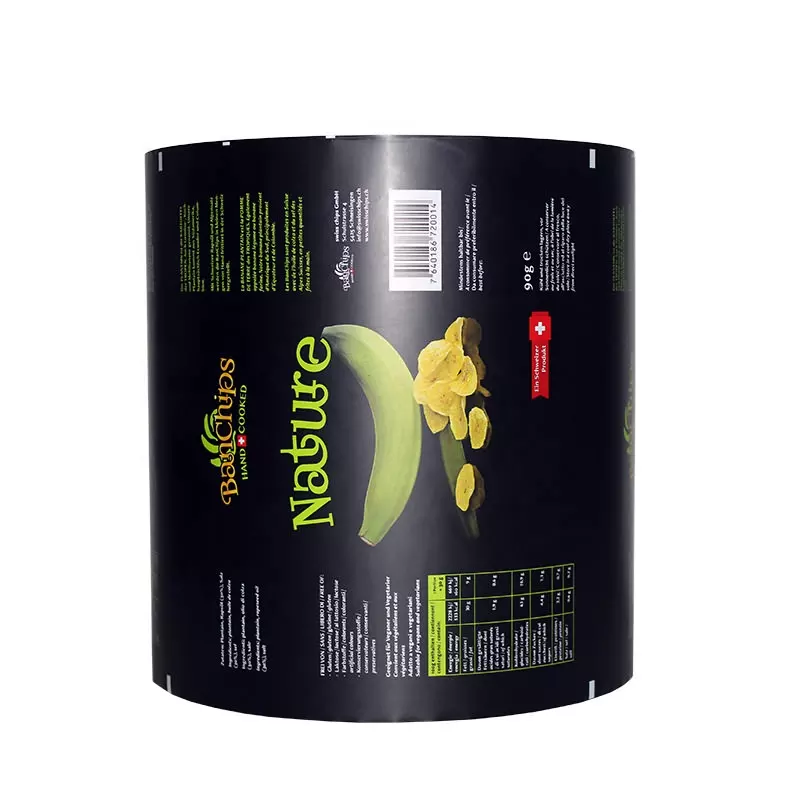- Afrikaans
- Albanian
- Amharic
- Arabic
- Armenian
- Azerbaijani
- Basque
- Belarusian
- Bengali
- Bosnian
- Bulgarian
- Catalan
- Cebuano
- chinese_simplified
- chinese_traditional
- Corsican
- Croatian
- Czech
- Danish
- Dutch
- English
- Esperanto
- Estonian
- Finnish
- French
- Frisian
- Galician
- Georgian
- German
- Greek
- Gujarati
- haitian_creole
- hausa
- hawaiian
- Hebrew
- Hindi
- Miao
- Hungarian
- Icelandic
- igbo
- Indonesian
- irish
- Italian
- Japanese
- Javanese
- Kannada
- kazakh
- Khmer
- Rwandese
- Korean
- Kurdish
- Kyrgyz
- Lao
- Latin
- Latvian
- Lithuanian
- Luxembourgish
- Macedonian
- Malgashi
- Malay
- Malayalam
- Maltese
- Maori
- Marathi
- Mongolian
- Myanmar
- Nepali
- Norwegian
- Norwegian
- Occitan
- Pashto
- Persian
- Polish
- Portuguese
- Punjabi
- Romanian
- Russian
- Samoan
- scottish-gaelic
- Serbian
- Sesotho
- Shona
- Sindhi
- Sinhala
- Slovak
- Slovenian
- Somali
- Spanish
- Sundanese
- Swahili
- Swedish
- Tagalog
- Tajik
- Tamil
- Tatar
- Telugu
- Thai
- Turkish
- Turkmen
- Ukrainian
- Urdu
- Uighur
- Uzbek
- Vietnamese
- Welsh
- Bantu
- Yiddish
- Yoruba
- Zulu
piston filler
The Versatile Piston Filler Revolutionizing the Packaging Industry
In the world of manufacturing and packaging, efficiency and precision are paramount. Among the various technologies employed in this sector, the piston filler stands out as a critical tool for ensuring consistency and accuracy in the filling process. This article will delve into the workings of piston fillers, their advantages, applications, and the reasons they are increasingly favored in various industries.
Understanding Piston Fillers
Piston fillers are automated machines designed to fill containers with liquids, pastes, or solids using the principle of a piston mechanism. The device comprises a piston that moves back and forth within a cylinder, drawing in product during the backward stroke and displacing it into a container during the forward stroke. This mechanism allows for precise control over the volume of the material dispensed, making it an ideal choice for businesses that require a high degree of accuracy in their filling operations.
Advantages of Piston Fillers
One of the primary advantages of piston fillers is their adaptability to various viscosities of products. Whether dealing with thin liquids such as water or thick pastes like adhesives, piston fillers can handle a broad range of materials. This versatility is essential in industries such as food and beverage, cosmetics, pharmaceuticals, and even chemicals, where the consistency of the product can vary significantly.
Additionally, piston fillers offer consistent fill volumes. The precision of the piston mechanism ensures that each container is filled with the exact amount of product, reducing waste and ensuring compliance with regulations. This is particularly valuable in sectors like pharmaceuticals, where exact dosages are critical for safety and efficacy.
Speed is another significant advantage of piston fillers. These machines can operate at high speeds, enabling businesses to increase production rates and meet market demands without sacrificing quality. Furthermore, many modern piston fillers are equipped with advanced features such as automatic adjustments and integration with other packaging processes, enhancing overall productivity.
piston filler

Applications of Piston Fillers
Piston fillers find applications across various industries, demonstrating their versatility. In the food and beverage sector, they are commonly used for filling sauces, jams, and beverages. The ability to handle different viscosities makes them suitable for both liquid and semi-liquid products.
In the cosmetic industry, piston fillers are used to fill containers with creams, lotions, and gels. The precise filling capacity ensures that customers receive the right amount of product, enhancing their satisfaction and brand loyalty. Moreover, in the pharmaceutical industry, piston fillers are invaluable for filling syringes, vials, and other medical containers with precise dosages of medications.
The chemical industry also benefits from piston fillers, particularly for products like paints, oils, and other viscous materials. The ability to fill large containers accurately saves time and reduces the potential for contamination—critical factors in maintaining product quality.
The Future of Piston Fillers
As technology advances, the design and functionality of piston fillers continue to evolve. Innovations in automation, sensor technology, and connectivity are making these machines smarter and more efficient. For example, modern piston fillers can be equipped with sensors that monitor product viscosity and adjust the filling process accordingly, ensuring optimal performance at all times.
Additionally, the trend toward sustainability is influencing the development of piston fillers. Manufacturers are increasingly focusing on reducing waste and enhancing the recyclability of packaging materials, and piston fillers can play a pivotal role in this transition.
In conclusion, the piston filler is a fundamental piece of equipment in the packaging industry, offering unparalleled accuracy and versatility. Its ability to handle a diverse range of products quickly and efficiently makes it an essential tool for manufacturers seeking to meet the challenges of modern production demands. As industries continue to evolve and new technologies emerge, piston fillers will undoubtedly remain at the forefront of innovations in packaging solutions.













